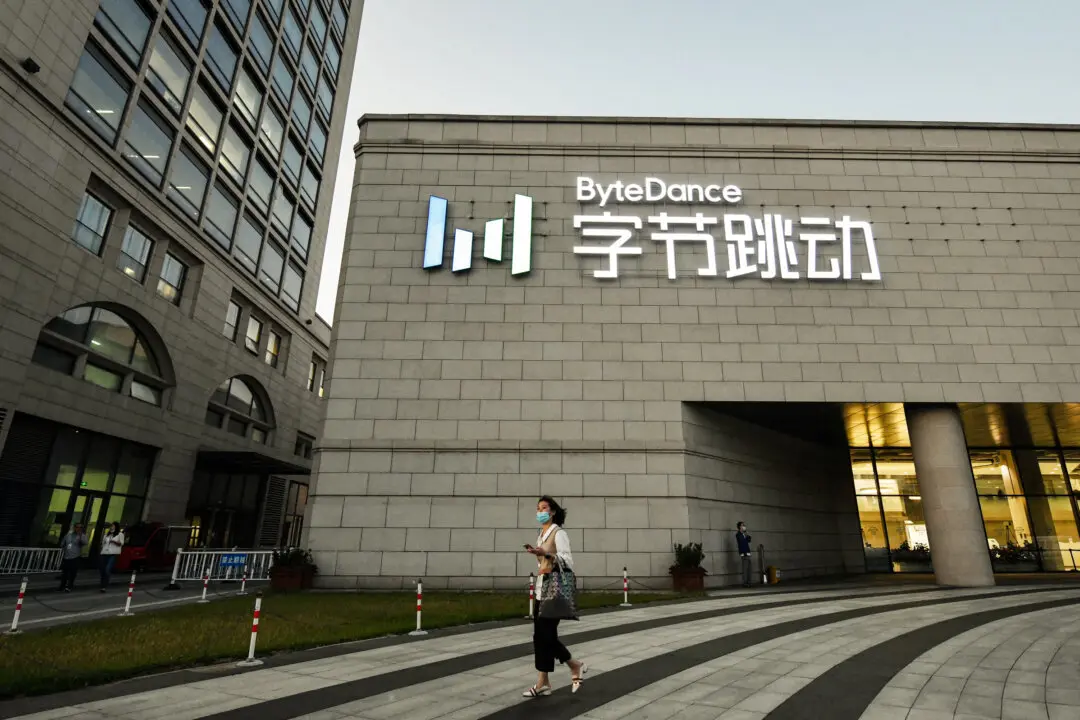Chinese professional soccer is in deep trouble now that a wave of disbandments has hit the clubs. Meanwhile, China’s authoritarian leader Xi Jinping’s ambition to use the big-money game as “soccer diplomacy” to promote China’s Belt and Road Initiative (BRI) has bankrupted.
At the end of March this year, the Chinese Football Association officially announced the new season’s three level leagues entry list. Jiangsu team, the defending champion of the Chinese Super League, and three Chinese A-league teams were not listed because they disbanded due to financial issues.




